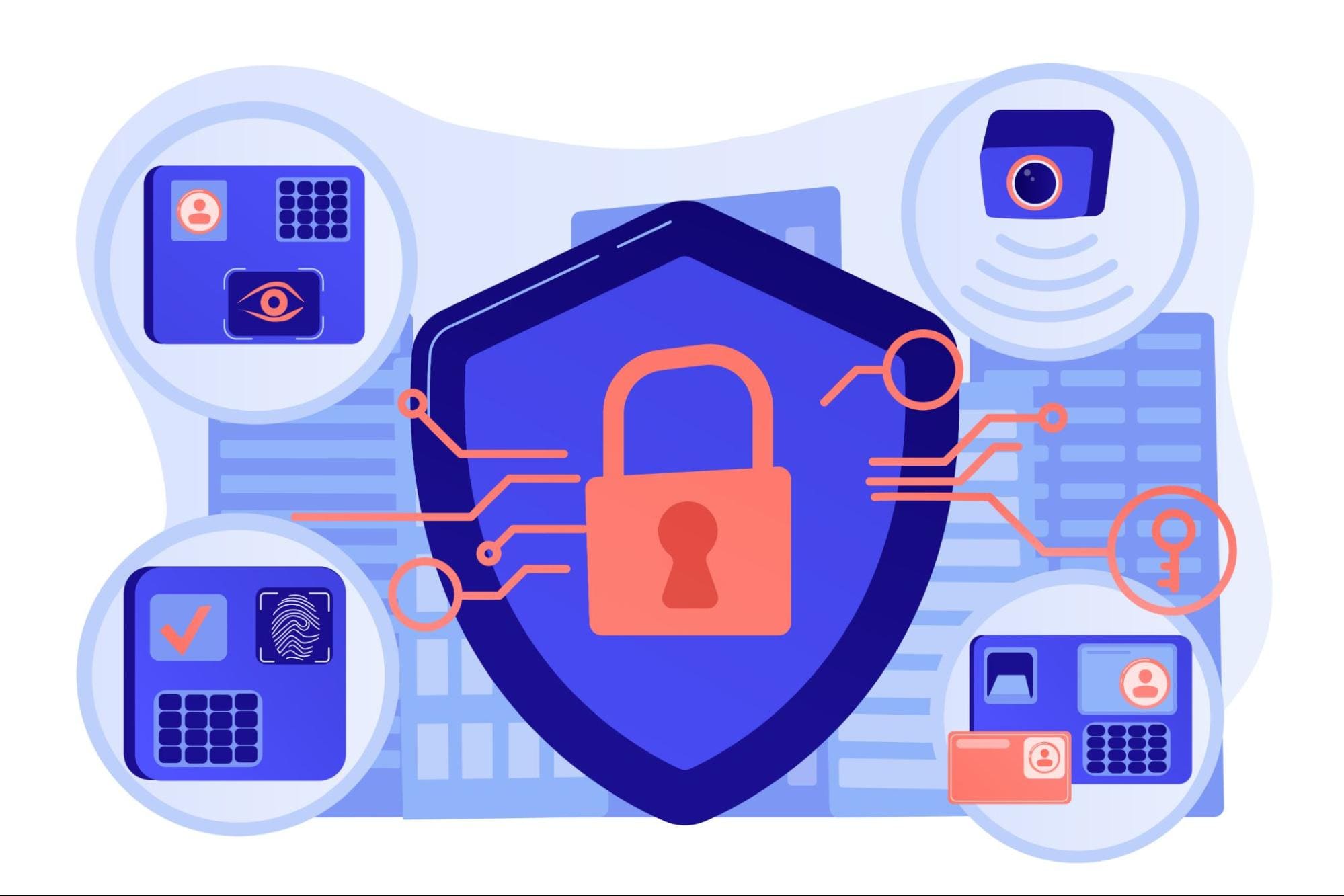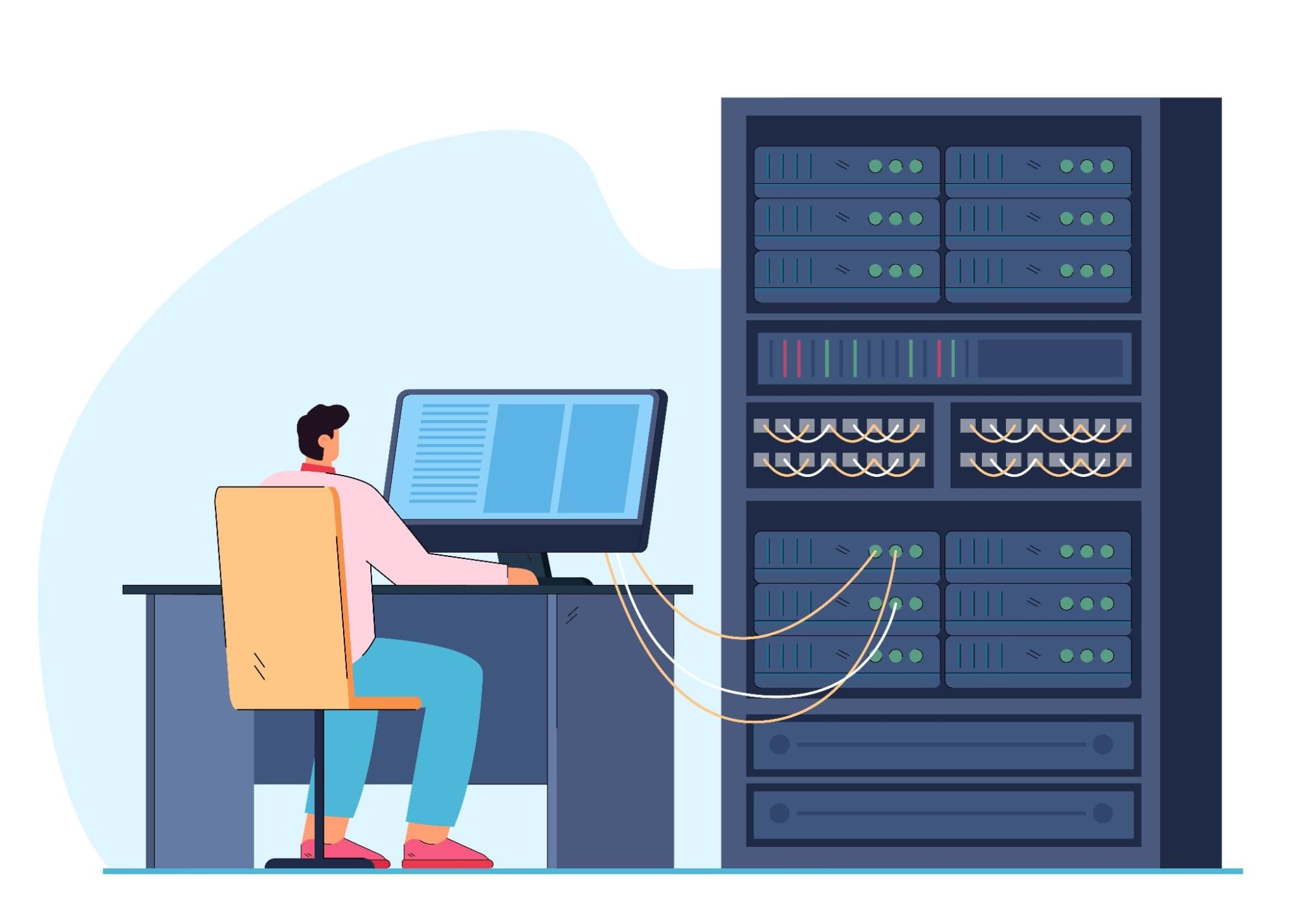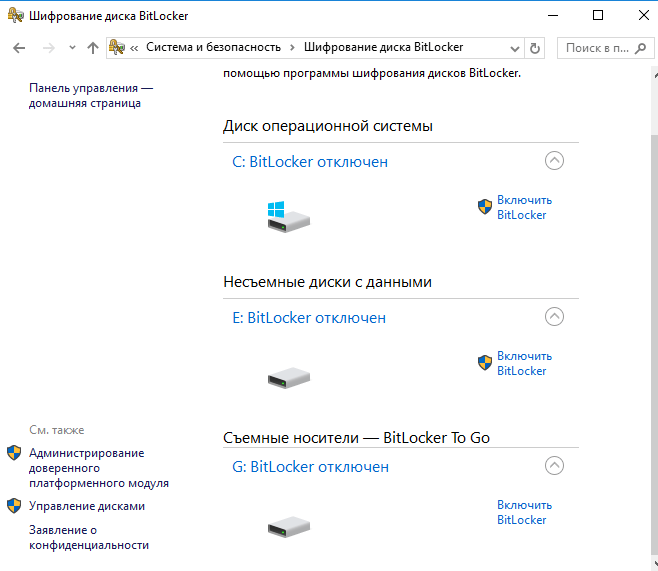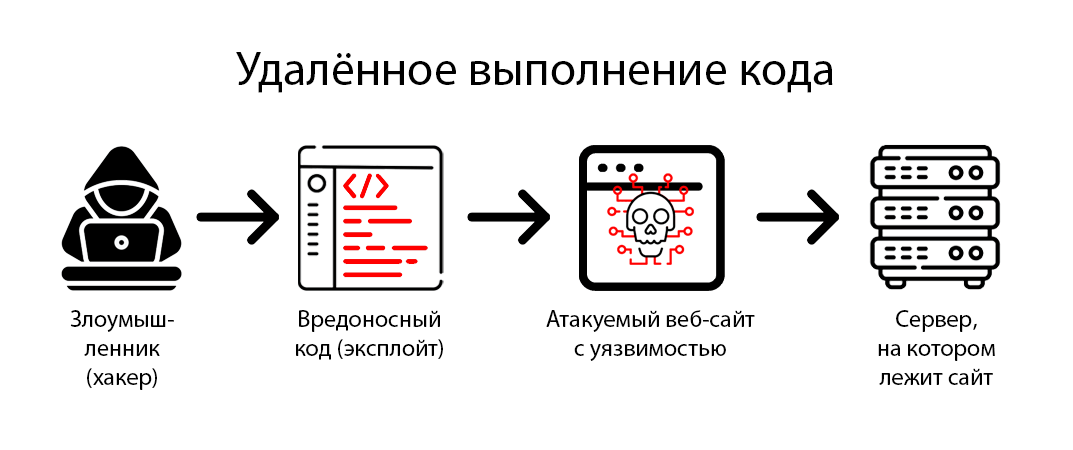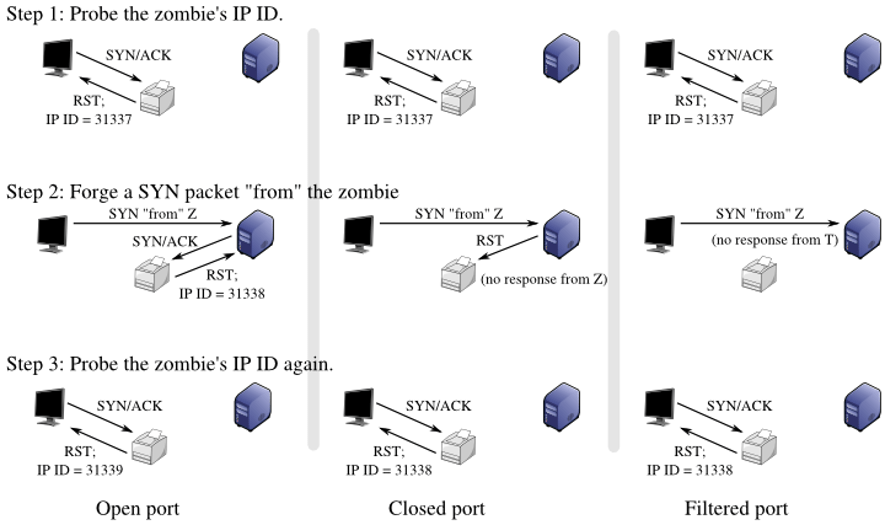How to Protect Your Server from Malicious Scripts?
Maintaining server security is crucial for any web resource owner. Malicious scripts can lead to serious consequences, such as leakage of confidential data, system failures, or even website blocking. Therefore, it’s necessary to take all measures to protect the server from malicious attacks. In this article, we will consider the main ways to ensure server security.
1. Update Software Regularly
One of the most important steps to protect your server is to update your software regularly. Updates contain patches and vulnerability fixes, which helps prevent attacks on the server. Don’t forget to check for updates for the operating system, web server, database, and other installed software.
2. Use Strong Passwords
Choosing passwords is an important aspect of server security. Use long and complex passwords containing upper and lower case letters, numbers, and special characters. Do not use the same passwords for different accounts. Change passwords regularly and do not share them with third parties.
3. Back Up Your Data
Creating data backups is a necessary procedure to ensure server security. Regularly back up all important files and databases. Store backups in a safe place, separate from the server, so that your data is not affected in case of an attack.
4. Protect Against SQL Injection
SQL injection is one of the most common types of server attacks. To protect your server from SQL injection, use prepared statements and data filtering. Do not trust input data and check it for malicious code.
5. Limit Access to Files and Directories
Limiting access to files and directories is another way to enhance server security. Configure file access rights so that only authorized users have access to them. Use SSH keys for secure connection to the server.
6. Use a Secure Connection
A secure connection via HTTPS protocol provides encryption of data between the server and the user. Install an SSL certificate on the server to protect the confidentiality of transmitted data. Ensure regular updates of the SSL certificate.
7. Monitor Server Activity
Set up a monitoring system that tracks activity on the server and alerts you to suspicious actions. Carefully monitor server logs to quickly respond to anomalies and take additional security measures.
Conclusion
Protecting your server from malicious scripts is an important task to ensure the security of your data and users. Follow the recommendations for updating software, using strong passwords, creating data backups, and other security measures to prevent threats and maintain the integrity of the server.

